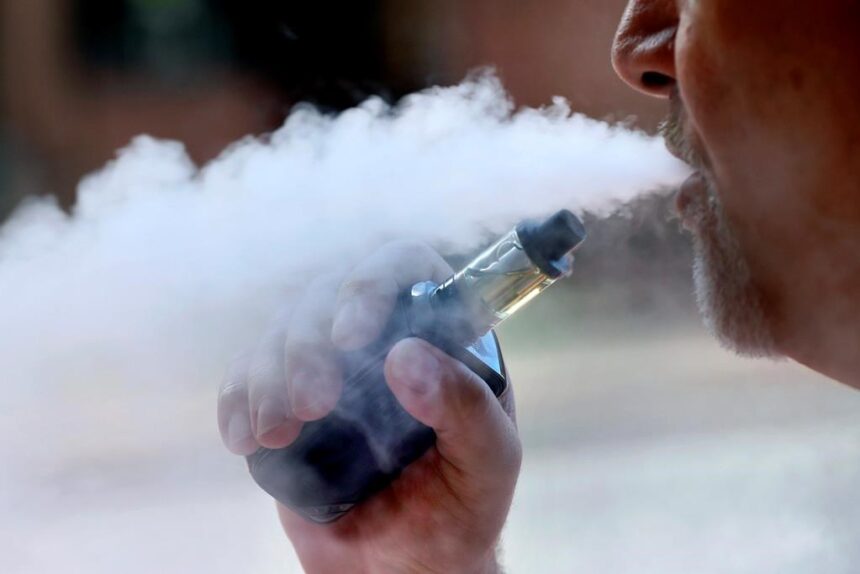In what could be a watershed moment for cannabis research, McGill University scientists have uncovered concerning evidence linking cannabis vaping to significant respiratory health risks. The comprehensive two-year study, published yesterday in the Canadian Journal of Respiratory Medicine, delivers a sobering message to the growing number of Canadians who have embraced vaping as a supposedly safer alternative to traditional smoking methods.
“What we’re seeing is deeply troubling,” explains Dr. Elena Moreau, the study’s lead researcher and professor of pulmonary medicine at McGill. “The data strongly suggests that vaporized cannabis introduces unique respiratory irritants that may cause long-term damage even without the combustion byproducts associated with smoking.”
The McGill team monitored 420 regular cannabis users across various consumption methods, with 215 exclusively using vape products. Their findings showed that after just six months, the vaping group exhibited a 28% higher incidence of respiratory symptoms including persistent cough, increased mucus production, and reduced lung function measurements compared to control groups.
Most concerning was the discovery that certain terpenes—natural compounds giving cannabis its distinctive aroma—create previously unidentified inflammatory compounds when heated to vaping temperatures between 180-210°C. These compounds appear particularly irritating to bronchial tissue, potentially leading to what researchers have tentatively labeled “vape-associated inflammatory bronchitis.”
This McGill study emerges as Canada’s cannabis industry continues rapid expansion, with vape products representing the fastest-growing segment of legal cannabis sales nationwide. Health Canada reported last quarter that vape products now constitute over 20% of all legal cannabis purchases, up from just 7% three years ago.
Industry stakeholders have responded cautiously to the findings. The Canadian Cannabis Council acknowledged the research but emphasized the need for further studies before drawing definitive conclusions. “We support rigorous scientific inquiry,” stated CCC President Miranda Chen, “but we also recognize this is a single study that needs to be replicated and expanded upon before major policy shifts are considered.”
Public health officials, however, appear more concerned. Dr. Jamal Bishara from the Public Health Agency of Canada noted: “This research aligns with emerging evidence suggesting all forms of inhaled substances carry potential respiratory risks. We’re particularly concerned about the 18-25 demographic, where vaping adoption has increased most significantly.”
The timing proves particularly noteworthy as Parliament debates potential updates to the Cannabis Act this summer, with political observers suggesting these findings may influence regulatory discussions. Health Minister Annabelle Thompson has already requested a briefing on the study’s implications.
For consumers like 27-year-old Montreal resident Jules Martineau, the news prompts reflection. “I switched to vaping thinking it was better for my lungs,” Martineau told me during street interviews yesterday. “Now I’m not so sure. Maybe I need to look at edibles instead.”
Medical professionals suggest this cautionary approach makes sense. “Until we understand the full implications, moderation is advisable,” recommends Dr. Sophia Williams, respirologist at Toronto General Hospital, who wasn’t involved in the study. “Patients should discuss cannabis use with their healthcare providers, particularly those with pre-existing respiratory conditions.”
As world health organizations continue monitoring the evolving cannabis landscape, this McGill research may represent just the beginning of more nuanced understanding of modern consumption methods. The fundamental question remains: in our rush to embrace cannabis alternatives, have we moved too quickly before fully understanding their health implications?










